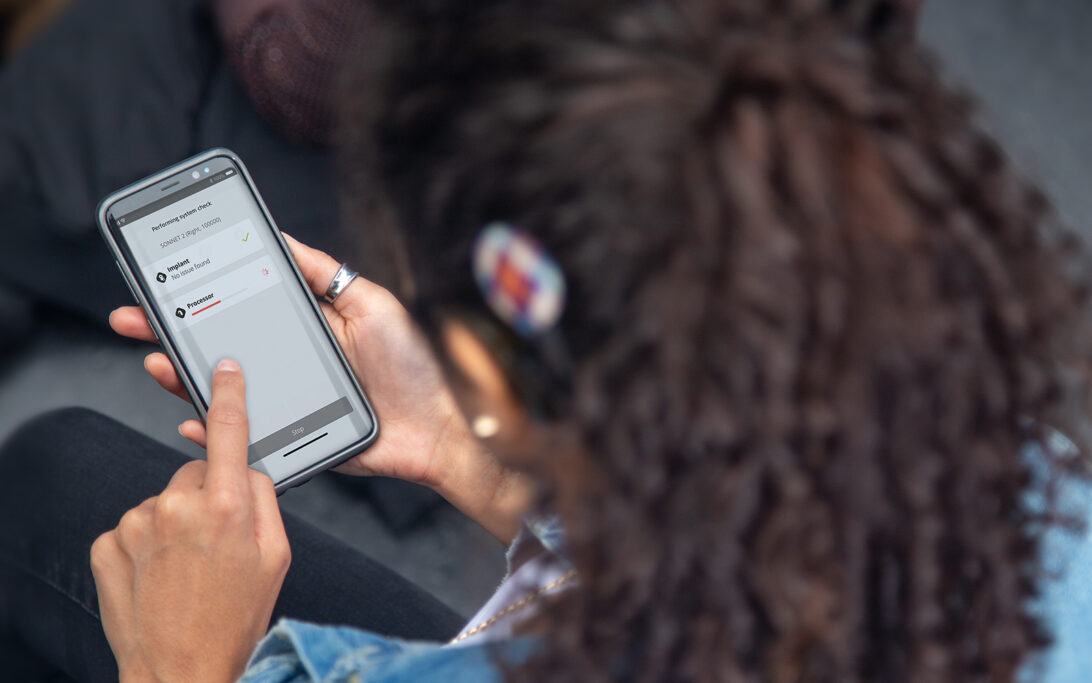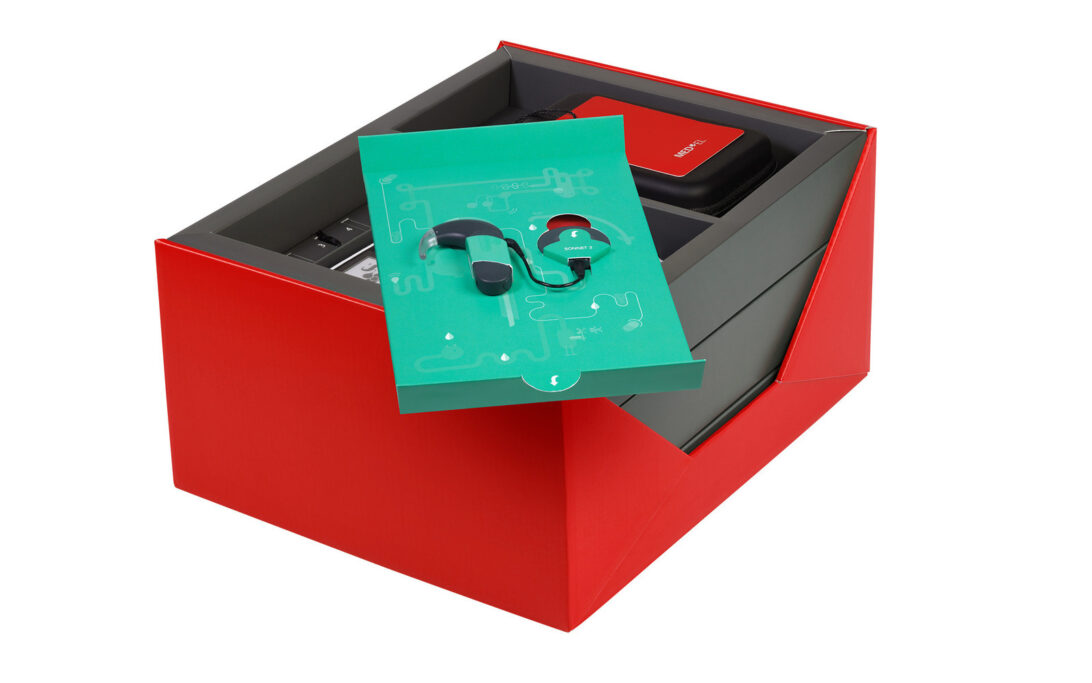




From easy system checks to comprehensive remote care sessions, here are six ways that MED-EL empowers you and your patients to benefit from care everywhere.


Help your patients get the most out of the SONNET 3 audio processor with new features, hands-on video guides, and troubleshooting tips.